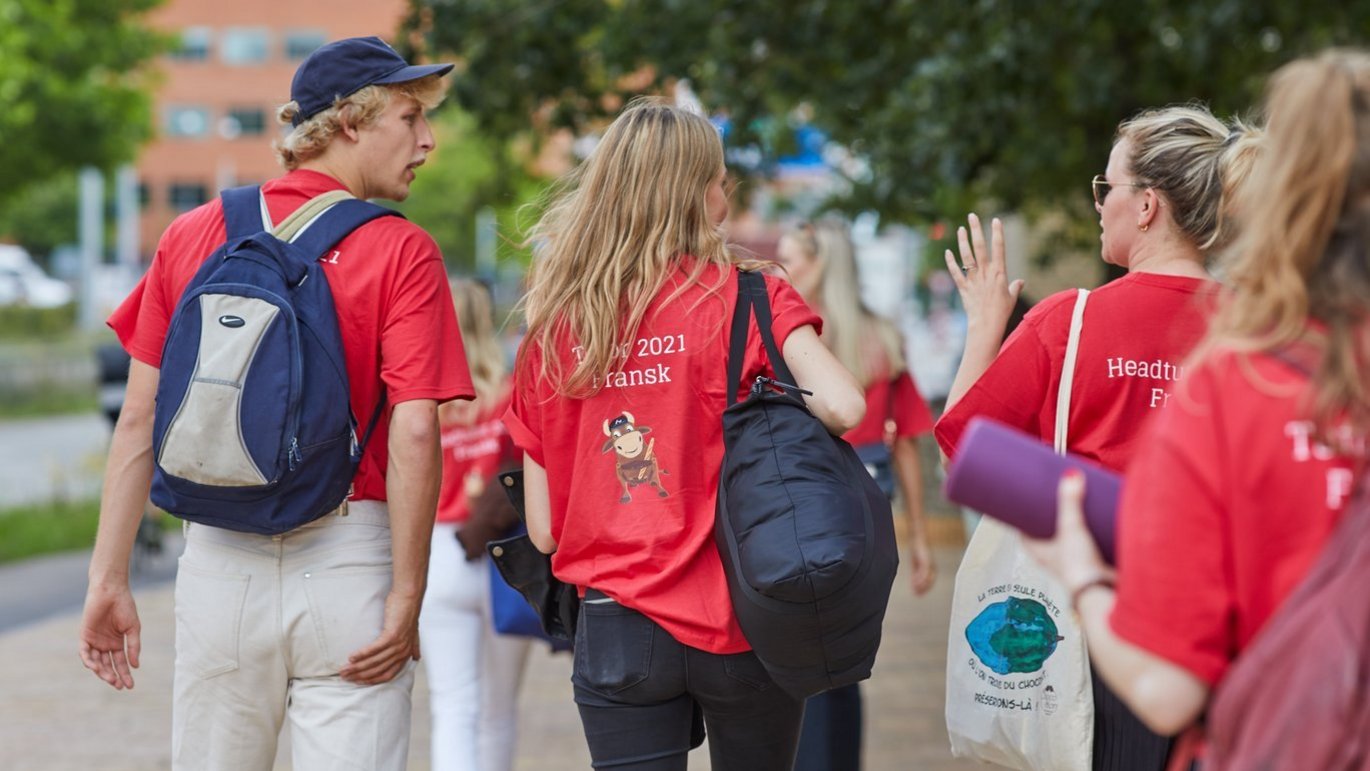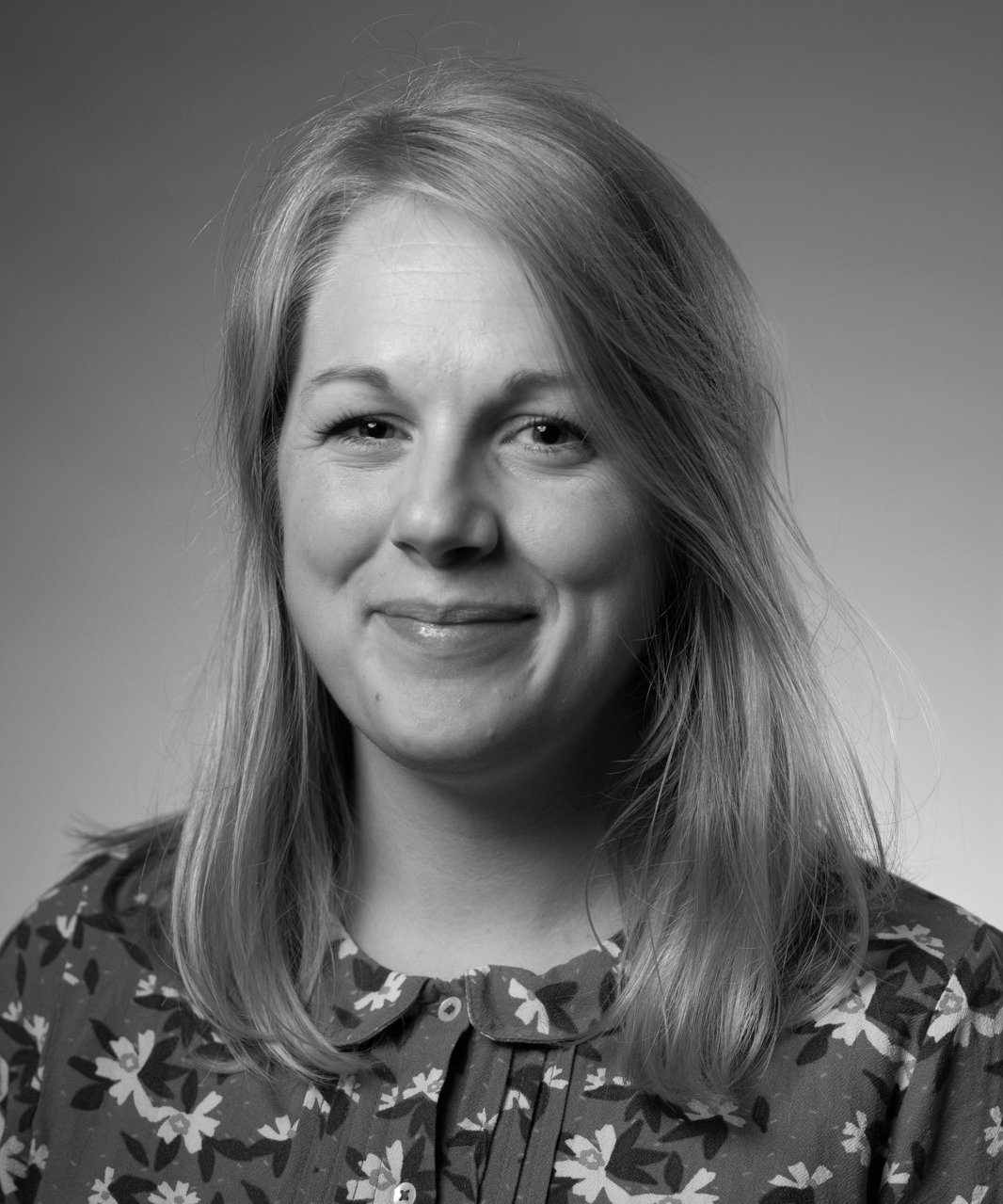The course about facilitation of Academic Dialogues is now offered in several formats
The transition from upper secondary school to university can be challenging and marked by major changes for students. The ‘Academic Dialogues’ initiative will help ease the transition period. From spring 2023, the course ‘Facilitating Academic Dialogues’ will be offered in three different formats to make it easier to implement Academic Dialogues.


The transition to university can be challenging for many students. Major changes are happening privately, socially, and academically which can be challenging.
Just as the challenges lie within different spheres, the solutions to these challenges will also lie both inside and outside the classroom. ‘Academic dialogues’ is an effort that attempts to address these issues and challenges in the transition through a subject-specific focus on academic competencies. This is done by focusing on what is difficult, why it is difficult, and how it can be solved – presently and in the future.
‘Academic Dialogues’ started as a project under the name of ‘Academic Reflection Rooms’ and was well-received among teaching staff, student teachers, and students. Course leader and postdoc at the CED Laura Cordes Felby explains that the initiative helps to create a safe community where the students feel like sharing the challenges they may have in connection with their commencement of studies:
“One thing in particular is highlighted positively by the student teachers, mentors, and students alike; namely the creation of a shared platform where the students can discuss the problems they face, which they previously thought they were alone with," she says.
This autumn ‘Facilitating Academic Dialogues’ has run as an ordinary course, in connection with the commencement of studies, as an offer for new teaching teams.
New formats ease implementation
Laura Cordes Felby finds that there has been a lot of interest in the offer but that there is a need to expand the format to meet the needs of teachers:
“As the course is offered in parallel with the commencement of studies for the new students, there is already a lot of pressure on student teachers and the general teaching staff. Therefore, we are now trying to integrate the course as part of other formats.”
Thus, the course is now offered in three different formats:
- As an ordinary course, which is generally offered in October and March.
- As ad-hoc workshops for academic environments.
- As a faculty-specific offer aimed at student teachers and mentors, e.g., in collaboration with the Student Guidance and Information in close coordination with the university education courses for student teachers.
In addition to the expanded course format, the course has also changed name to ‘Facilitating Academic Dialogues’. Previously it was called ‘Facilitating Academic Reflection Rooms’.
The courses cater different target groups
The ordinary range of courses is primarily targeted at teaching staff and student teachers. During the course, participants will learn the framework of how to facilitate the academic dialogues with focus on how to talk about issues in the transition to the university and how teaching staff can put themselves into play as academic role models.
The faculty-specific courses are aimed specifically at student teachers and mentors at the various faculties and are offered as an addition to the already existing courses for student teachers.
The third offer is targeted subject-specific groups and entire teacher colleges at various programmes. During three-hour workshops, teachers will be able to identify what is difficult for their students and work on how to facilitate conversations about this.
Want to find out more?
If you would like to know more about how to facilitate academic dialogues, you can read more about the course on the CED website. You can also read more about the purpose and the idea behind the academic dialogues here.
Want to know more? Contact Laura Cordes Felby at lcf@au.dk or +45 28 12 93 30.
